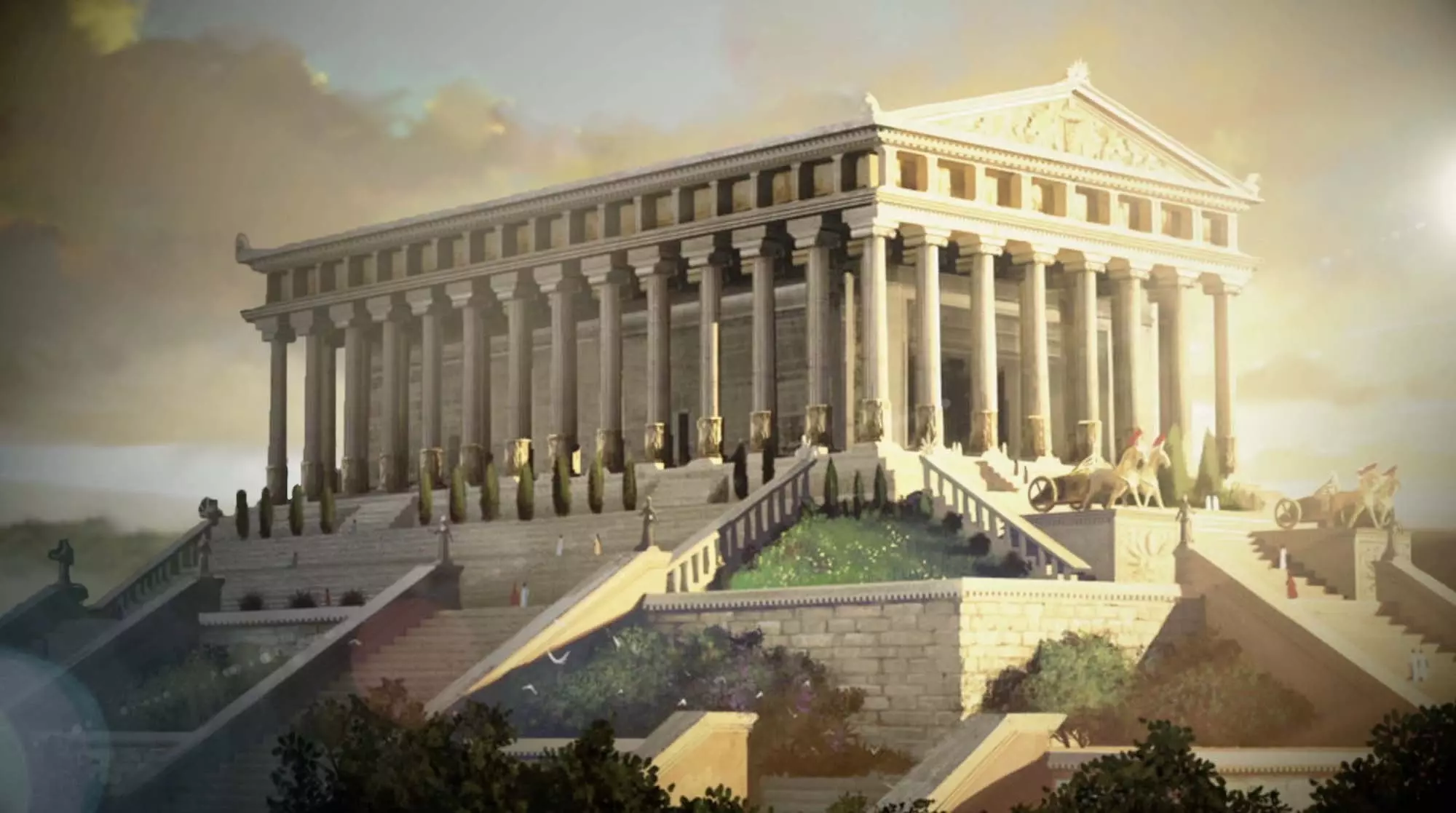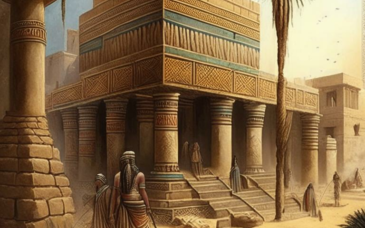Welcome to a fascinating journey through time as we delve into the intriguing world of historical archaeology! In this post, we'll explore the enigmatic Temple of Diana, a captivating relic from antiquity that continues to inspire wonder and curiosity.
Temple of Diana: A Brief Overview
The Temple of Diana, also known as the Temple of Artemis, was one of the most renowned and splendid ancient temples in the Greco-Roman world. It was dedicated to the goddess Diana, the Roman counterpart of Artemis, the Greek goddess of the hunt, wilderness, and childbirth.
Historical Background
Located in the ancient city of Ephesus, in what is now modern-day Turkey, the Temple of Diana was constructed in the 6th century BCE during the time of the Lydian Empire. It was an awe-inspiring architectural marvel, designed by the renowned architect Chersiphron and his son Metagenes. The temple's magnificence was widely celebrated and attracted pilgrims and tourists from all over the Mediterranean.
Archaeological Discoveries
The history of the Temple of Diana is as rich as its physical presence. Archaeologists have unearthed fragments and remnants of this splendid structure over centuries, each discovery shedding light on its grandeur and significance.
- The First Temple (550 BCE): The initial temple was destroyed by arson in 356 BCE by a man named Herostratus, who sought fame through his destructive act. The foundations of this original structure have been identified by archaeologists.
- The Second Temple (323 BCE): Funded by Alexander the Great, the second temple was constructed on the same site, boasting even greater dimensions and adorned with masterful artworks. While no complete reconstruction exists today, ancient descriptions and archaeological finds have provided glimpses of its grandeur.
- Architectural Elements: Archaeologists have uncovered various architectural elements, including exquisite sculptures, ornate columns, and intricate friezes, demonstrating the temple's opulence and artistic significance.
- Religious Artifacts: Numerous votive offerings and religious artifacts have been found in and around the temple, revealing the depth of devotion and reverence for the goddess Diana.
Legacy and Influence
The Temple of Diana held immense religious, cultural, and economic importance in the ancient world. Its influence extended beyond the borders of Ephesus, shaping the beliefs and practices of numerous civilizations. Its magnificence was celebrated in writings by ancient historians and philosophers, such as Pliny the Elder and Philo of Byzantium.
The Temple of Diana stands as a testament to the human capacity for architectural grandeur and spiritual devotion. As we continue to uncover its secrets through historical archaeology, it remains a symbol of the enduring power of ancient civilizations to inspire awe and wonder in the modern world.


